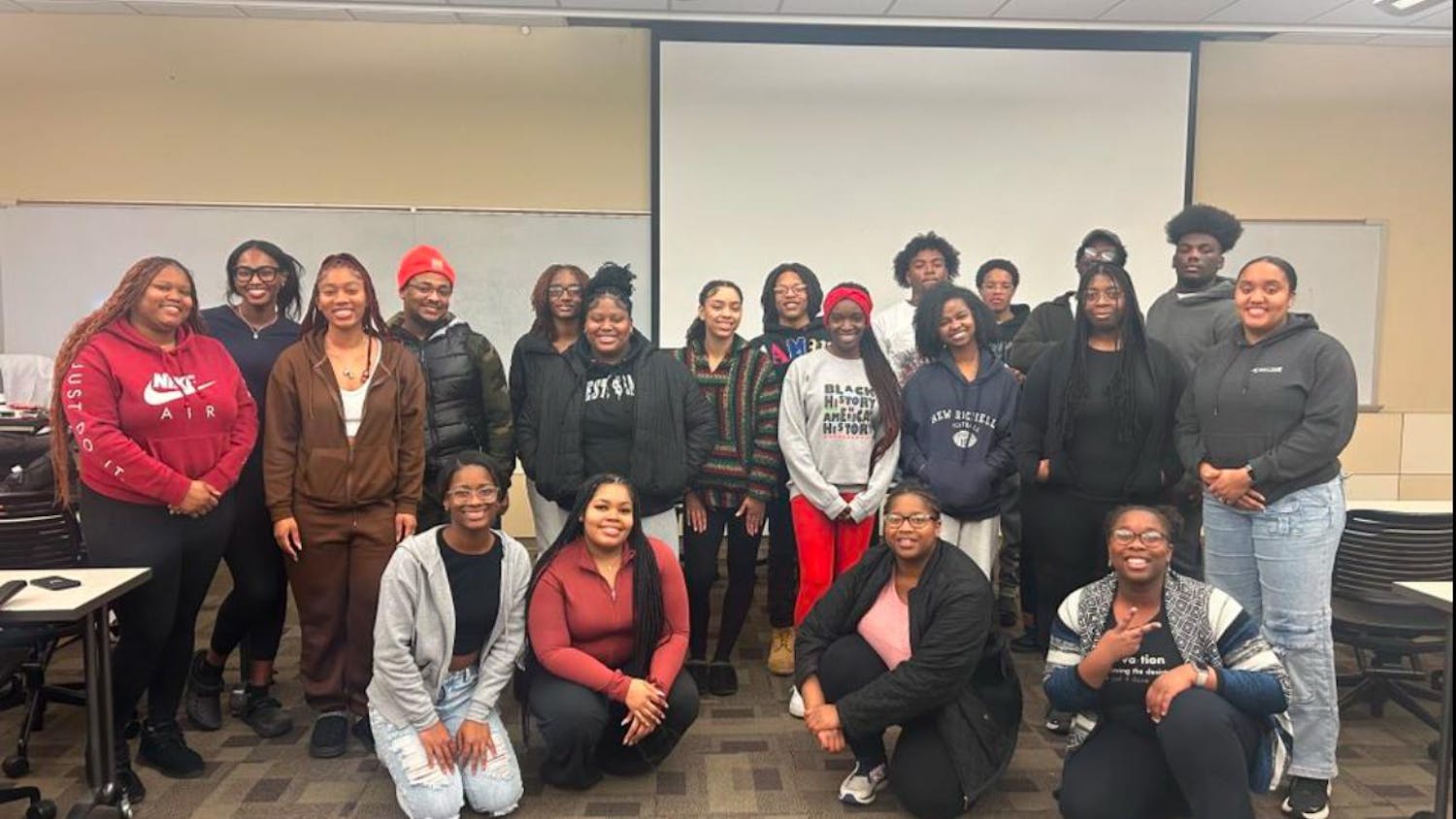A petition circulated amongst Wright State faculty in response to a controversial article published on Third World Quarterly, a respected academic journal. The article in question, The case for colonialism, advocates for white supremacy and the return of colonization in The Global South.
The petition was inspired by a blog post by Dr. Farhana Sultana of Syracuse University in New York. From there, it found its way to Wright State professors.
According to Sultana, the article is highly inaccurate and lacks proper citations, and claims it should never have been published due to its lack of academic merit and racist overtones.
Sultana’s petition was forwarded to Wright State faculty by Dr. Geoffrey Owens, professor of Sociology and Anthropology. According to Owens, the article disregards previous academic research on the same topic.
Although the article was rejected in the peer-review process, it still got published as an opinion piece. However, most members of the Editorial Advisory Board were unaware of the article. As of Sept. 19, ten members of the board have resigned from Third World Quarterly.
In the letter of resignation that was released publicly, the former board members state their support for free speech, but claim that the article “fails to meet academic standards… ignoring all manner of violence, exploitation and harm perpetrated in the name of colonialism.”
The steps of peer-review varies by publication, but it is generally a long process, according to Dr. Lee Hannah, professor of Political Science at Wright State.
First, an author must anonymously submit a manuscript. An editor will then look over it themselves. Next, the editor will forward it to experts on topic of the article to determine if the research is valid.
The editor has ultimate discretion to decide whether the article is worthy of publication. If they do, they will send revisions to the author. This back-and-forth interaction between editor and author can go on for months before an article is published.
Publishing an article with inaccurate or false data can lead to serious consequences for an academic journal, according to Hannah. Articles of this nature could potentially empower individuals to form arguments based on poor research.
“In the peer review world, papers like this are usually rejected,” said Hannah.












